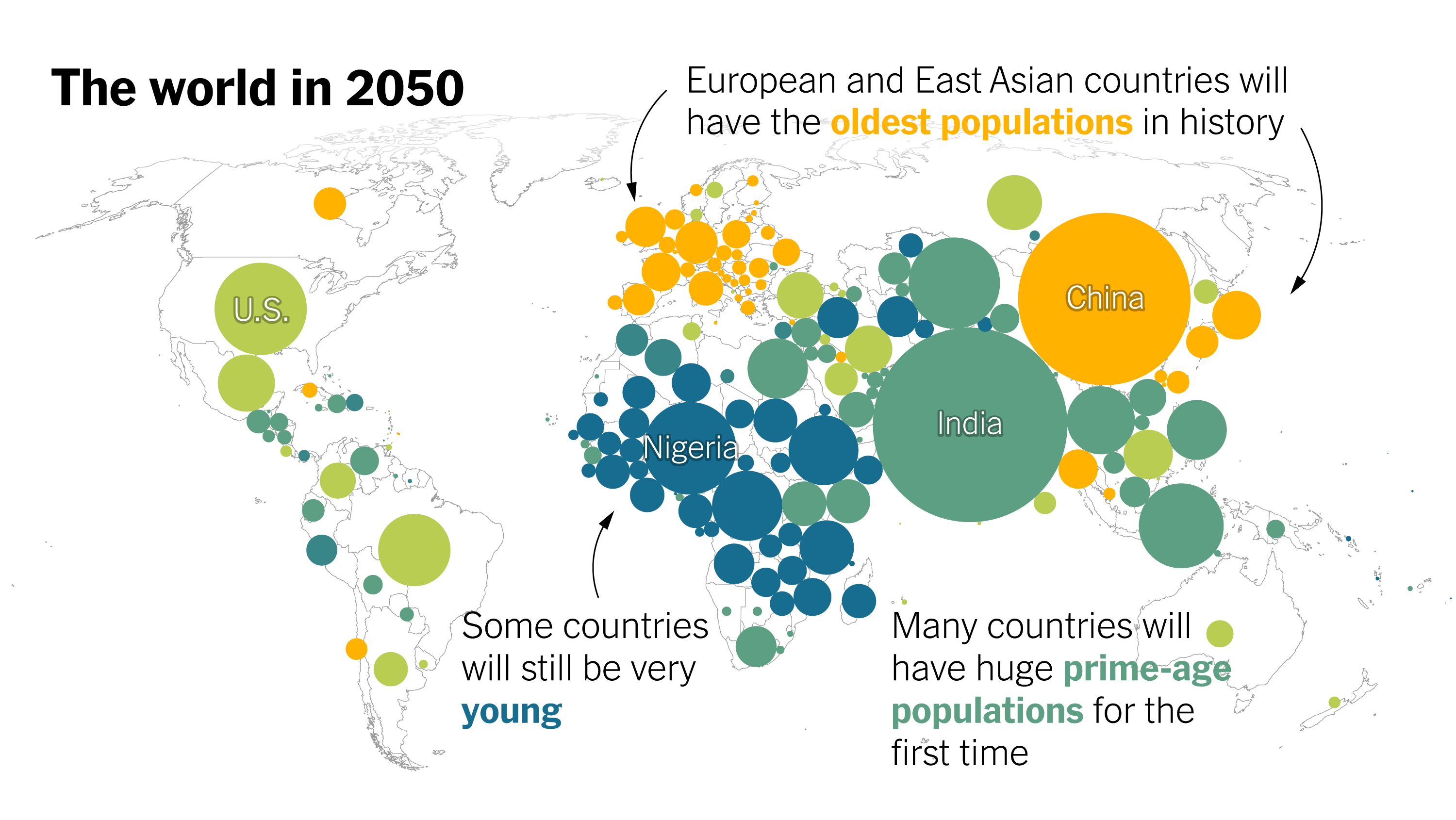Australia Votes: National Election Reflects Global Shift Against Trumpism

Table of Contents
The Rise of Centrist Politics in Australia
The Australian election showcased a clear shift away from extreme ideologies. Voters, weary of divisive rhetoric and polarized politics, embraced a more moderate approach. This rejection of populism manifested in several key policy areas.
-
Climate Change: The election saw increased support for stronger climate action policies, a marked departure from the previous government's more hesitant stance. This shift indicates a growing public awareness of the climate crisis and a demand for effective solutions. The Labor Party's commitment to ambitious emissions reduction targets resonated with a significant portion of the electorate.
-
Economic Policy: Voters demonstrated a preference for policies focused on economic fairness and social justice. This included support for measures aimed at tackling inequality, improving access to healthcare and education, and strengthening social safety nets. The Labor Party's focus on these issues proved successful in attracting a broad base of support.
-
Key Figures and Parties: The success of the Labor Party, led by Anthony Albanese, and the decline in support for more right-wing populist factions clearly illustrate this shift. Albanese's campaign focused on pragmatic solutions and unity, contrasting sharply with the more divisive rhetoric employed by some of his opponents. Analysis of vote percentages and swings in key electorates further solidified this trend.
-
Voter Demographics: While a comprehensive demographic analysis requires further research, early indications suggest that support for centrist candidates came from a broad cross-section of the population, transcending traditional political divides. This suggests a growing weariness with the extremes of the political spectrum.
Global Parallels: A Decline in Populist Support
Australia's election is not an isolated incident. Similar trends are emerging across the globe, suggesting a potential global decline in populist support.
-
France: The recent French presidential election saw Emmanuel Macron, a centrist, defeating Marine Le Pen, a far-right populist leader. This victory, although closer than many predicted, still signifies a continued resistance to far-right populism.
-
Canada: The Liberal Party's continued success in Canada, despite facing challenges, demonstrates the ongoing preference for centrist governance in the face of populist alternatives.
-
New Zealand: The consistently strong performance of centrist governments in New Zealand highlights a broader regional trend of rejecting extreme political ideologies.
-
Contributing Factors: The decline in populist support globally can be attributed to several factors: the economic fallout from the pandemic, growing social inequality, the failure of populist leaders to deliver on their promises, and increasing awareness of the dangers of misinformation.
The Role of Social Media and Disinformation
The 2022 Australian election saw social media play a significant role, both in disseminating information and spreading misinformation. The impact of targeted advertising and the spread of false or misleading information warrants close examination.
-
Social Media Strategies: Political parties utilized various strategies on social media platforms. Some emphasized targeted advertising to reach specific demographic groups, while others focused on broader outreach campaigns.
-
Fact-Checking and Media Literacy: The importance of fact-checking initiatives and media literacy campaigns became increasingly apparent. The spread of disinformation necessitated robust efforts to verify information and educate voters on how to discern credible sources from unreliable ones.
-
Impact on Voter Behavior: The impact of online misinformation on voter behavior remains a subject of ongoing research. However, there is evidence to suggest that the spread of false information can influence voter decisions and contribute to political polarization.
The Future of Australian Politics and the Global Anti-Trumpism Movement
The results of "Australia Votes" hold significant implications for both Australian politics and the global anti-Trumpism movement.
-
Future Policy Decisions: The shift towards centrist policies is likely to lead to a change in the direction of government action on issues like climate change, economic inequality, and social justice.
-
Future of Anti-Trumpism: The Australian election is part of a larger global trend. The rejection of populist leaders and policies suggests that the appeal of Trumpism and similar movements may be waning internationally.
-
Challenges and Opportunities: Centrist politics faces challenges, including navigating diverse opinions and maintaining public support in an increasingly polarized world. However, the success of centrist parties in several countries offers hope that a more moderate and inclusive approach to governance is possible.
Conclusion: The Lasting Impact of Australia Votes
The Australian election, captured by the term "Australia Votes," serves as a compelling case study in the global shift away from Trump-style populism. The rise of centrist politics, the global parallels in declining populist support, and the significant role of social media and disinformation all contributed to the outcome. Understanding the implications of Australia Votes is crucial for navigating the evolving global political landscape. Stay informed and engaged in the conversation!

Featured Posts
-
 Gibonni Knjiga Drvo Koncert U Subotici Najava
May 04, 2025
Gibonni Knjiga Drvo Koncert U Subotici Najava
May 04, 2025 -
 Ufc 314 Fight Card Opening Betting Odds And Predictions
May 04, 2025
Ufc 314 Fight Card Opening Betting Odds And Predictions
May 04, 2025 -
 West Bengal Faces Chilling Temperatures Latest Weather Update
May 04, 2025
West Bengal Faces Chilling Temperatures Latest Weather Update
May 04, 2025 -
 Super Bowl 2025 Bradley Cooper And Daughter Leas Twinning Outfits
May 04, 2025
Super Bowl 2025 Bradley Cooper And Daughter Leas Twinning Outfits
May 04, 2025 -
 The Declining Production Of Darjeeling Tea A Worrying Trend
May 04, 2025
The Declining Production Of Darjeeling Tea A Worrying Trend
May 04, 2025
